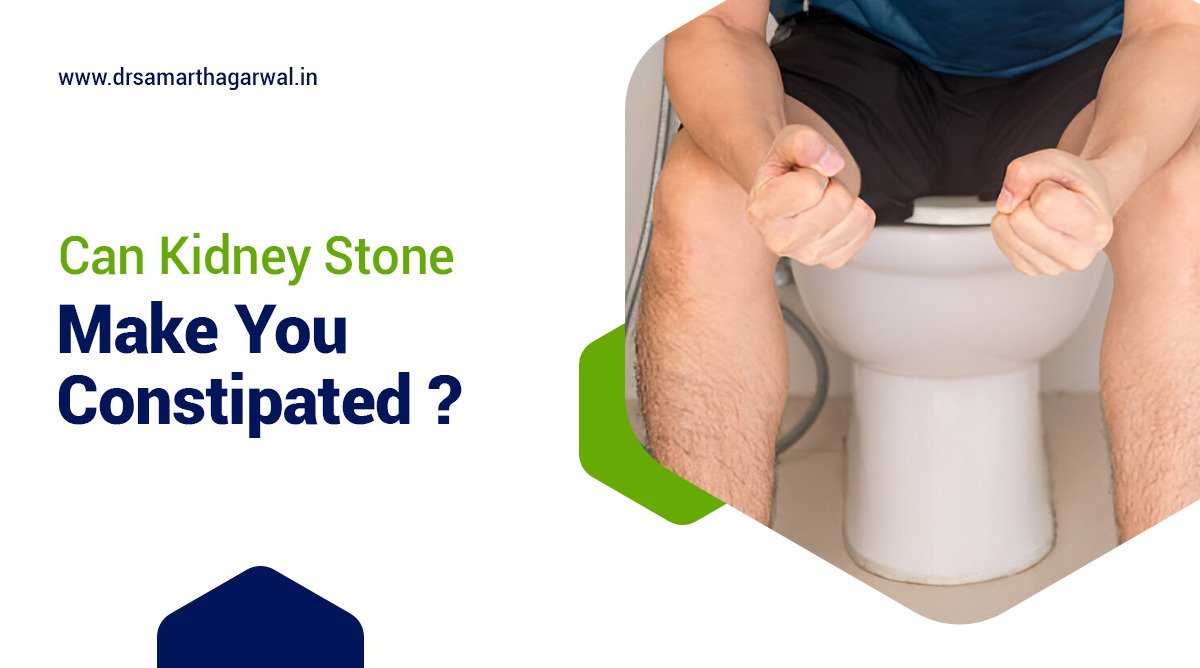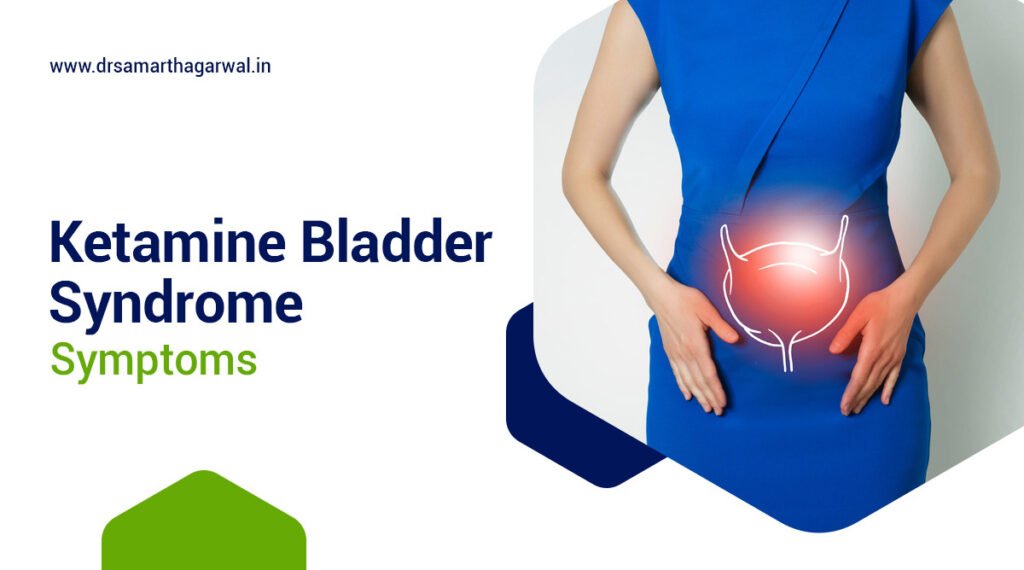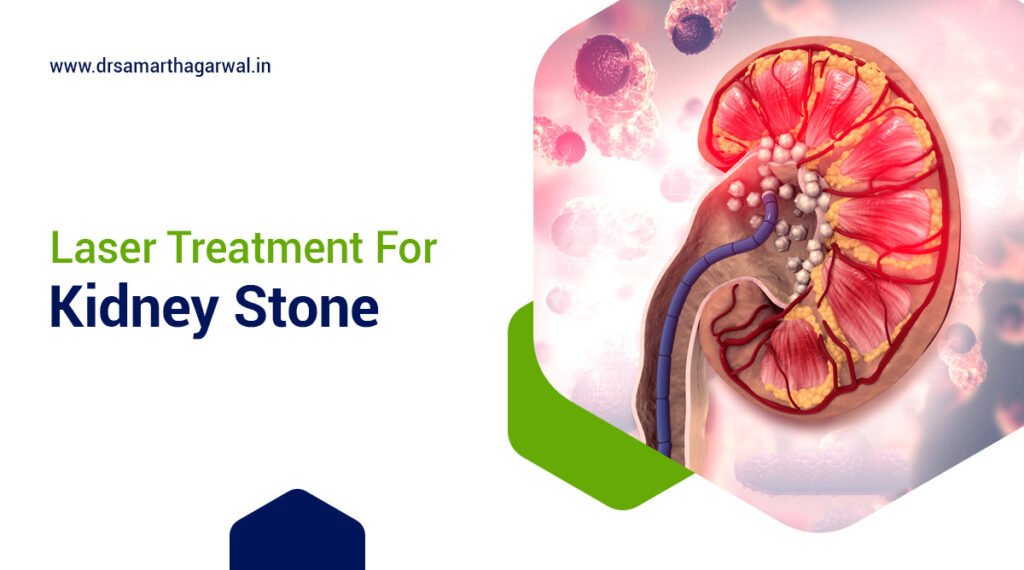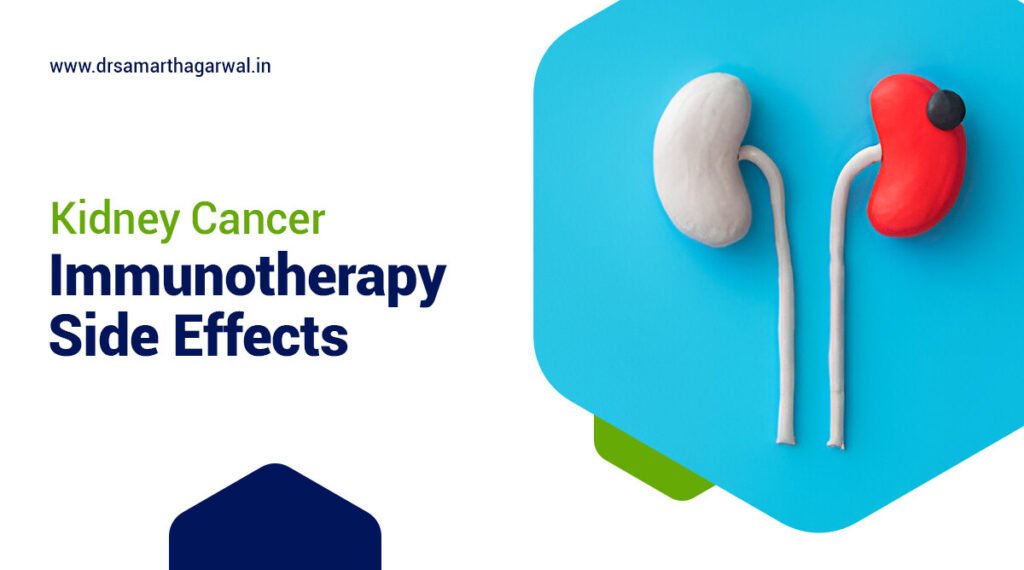Kidney stones are hard mineral and salt deposits that form in the kidneys, affecting a significant portion of the population, with estimates suggesting that about 10% of people will experience them at some point in their lives. These stones can lead to severe pain and various complications, including urinary obstruction.
On the other hand, constipation is a common digestive issue characterized by infrequent bowel movements or difficulty passing stools, often caused by factors such as dehydration, a low-fiber diet, and certain medications.
The connection between kidney stones and constipation arises from the fact that both conditions can be influenced by hydration levels and dietary choices. When kidney stones are present, they can cause pain and discomfort, which may lead individuals to alter their eating and drinking habits, potentially resulting in dehydration and subsequent constipation.
Additionally, the pain associated with kidney stones can lead to reduced physical activity, further exacerbating constipation. Therefore, understanding the interplay between these two conditions is crucial for effective management and prevention strategies.
Mechanisms Linking Kidney Stones and Constipation
The relationship between kidney stones and constipation can be understood through various mechanisms, including anatomical and physiological connections, the role of the ureter and kidney in constipation, and how kidney stones can affect the bladder. Anatomically, the proximity of the kidneys and ureters to the intestines means that issues in one system can influence the other, as kidney stones can cause pain and inflammation that may disrupt normal bowel function.
Also when kidney stones obstruct the urinary tract, they can lead to increased pressure and discomfort, which may contribute to constipation. In cases of inflammatory bowel disease, the presence of kidney stones can further complicate digestive health, leading to a cycle of pain and altered bowel habits.
Anatomical and Physiological Connections
Understanding the mechanisms linking kidney stones and constipation involves exploring anatomical and physiological connections, particularly the role of the ureter and kidney in constipation, how kidney stones can affect the bladder, and the relationship between inflammatory bowel disease and kidney stones. These connections highlight how disturbances in one system can lead to complications in another, emphasizing the importance of a holistic view of urinary and digestive health.
Role of the Ureter and Kidney in Constipation
The ureters and kidneys play a crucial role in maintaining fluid balance and waste elimination in the body. When kidney stones obstruct the ureters, they can cause significant pain and discomfort, which may lead to changes in dietary habits and reduced fluid intake. This can result in dehydration, a common contributor to constipation. Additionally, the stress and pain associated with kidney stones can lead to decreased physical activity, further exacerbating the risk of constipation.
Kidney Stones Affecting the Bladder
Kidney stones can also impact the bladder by causing irritation and inflammation. When stones move from the kidneys to the bladder, they can lead to urinary urgency, frequency, and pain during urination. This discomfort can alter normal bladder function and may lead to a reluctance to drink adequate fluids, compounding the risk of constipation. The interplay between urinary symptoms and bowel habits underscores the interconnectedness of these systems.
Inflammatory Bowel Disease and Kidney Stones
Inflammatory bowel disease (IBD) is characterized by chronic inflammation of the gastrointestinal tract, which can affect nutrient absorption and fluid balance. Individuals with IBD may be at an increased risk of developing kidney stones due to dehydration and dietary restrictions. The presence of kidney stones can further complicate IBD symptoms, leading to increased abdominal pain and altered bowel habits, creating a cycle that can worsen both conditions. Understanding these relationships is essential for effective management and treatment strategies.
Pain and Medication Influence
The mechanisms linking kidney stones and constipation are significantly influenced by pain and medication. The presence of kidney stones often leads to severe pain, which can adversely affect digestive health, while certain medications used to manage kidney stones may contribute to constipation. Understanding these factors is essential for addressing the interconnected nature of urinary and digestive health.
Impact of Pain on Digestive Health
The pain associated with kidney stones can be debilitating, leading to changes in dietary habits and physical activity. When individuals experience intense discomfort, they may avoid eating or drinking, which can result in dehydration and a lack of dietary fiber—two key contributors to constipation.
Additionally, the stress and anxiety related to managing pain can further disrupt normal digestive processes, leading to a cycle of discomfort that exacerbates both kidney stone symptoms and constipation.
Medications for Kidney Stones Causing Constipation
Various medications prescribed for managing kidney stones, such as pain relievers and antispasmodics, can have side effects that include constipation. Opioids, commonly used for pain management, are particularly notorious for slowing down gastrointestinal motility, making it more difficult for individuals to have regular bowel movements.
As patients focus on alleviating their kidney stone pain, they may inadvertently neglect their digestive health, leading to a compounded issue of constipation that requires careful management alongside their kidney stone treatment.
Diagnosis and Identification
Recognizing symptoms is crucial in understanding the relationship between kidney stones and constipation. Common symptoms of kidney stones include severe pain, blood in urine, and nausea, while signs of constipation may manifest as infrequent bowel movements and abdominal discomfort.
To diagnose kidney stones, medical testing and imaging techniques such as ultrasounds or CT scans are employed, which can also help identify any bowel obstructions that may contribute to constipation. Diagnostic tests specifically for kidney stones, like urinalysis, can further clarify the condition and guide appropriate treatment.
Recognizing Symptoms
Recognizing symptoms is essential for diagnosing kidney stones, especially when they contribute to constipation. Common symptoms of kidney stones include intense pain in the back or side, blood in urine, and nausea, which can overlap with signs of constipation such as infrequent bowel movements, bloating, and abdominal discomfort.
The interplay between these conditions can complicate diagnosis, as the pain from kidney stones may lead to changes in bowel habits, resulting in constipation. Understanding these symptoms is crucial for effective identification and treatment, as both conditions can significantly impact a person’s quality of life.
Medical Testing and Imaging
Medical testing and imaging play a critical role in diagnosing kidney stones and identifying any potential bowel obstructions that may contribute to constipation. Diagnostic tests for kidney stones typically include imaging techniques such as ultrasounds and CT scans, which can reveal the presence, size, and location of stones.
These tests are essential not only for confirming kidney stones but also for assessing the gastrointestinal tract to identify bowel obstructions, which can exacerbate constipation. By utilizing these diagnostic tools, healthcare providers can effectively differentiate between kidney stones and other gastrointestinal issues, ensuring appropriate treatment and management of both conditions.
Treatment Options
When addressing kidney stones that may lead to constipation, a multifaceted approach is essential. Hydration and dietary adjustments are crucial first steps; increasing fluid intake helps dilute urine and can prevent stone formation, while dietary changes, such as reducing oxalate-rich foods, can also be beneficial. In cases where stones are larger or causing significant discomfort, medical and surgical interventions, such as lithotripsy or ureteroscopy, may be necessary to remove the stones and alleviate symptoms.
Managing constipation is equally important in this context, as it can be exacerbated by kidney stones. Dietary modifications, including increasing fiber intake through fruits, vegetables, and whole grains, can promote regular bowel movements. Additionally, medical treatments for constipation, such as laxatives or stool softeners, may be recommended to relieve symptoms and improve overall digestive health. By addressing both kidney stones and constipation through these treatment options, individuals can achieve better health outcomes and enhanced quality of life.
Preventative Measures
Kidney stones can cause constipation, and vice versa. To manage and prevent these conditions, it’s essential to take proactive measures.
Preventing Kidney Stones
Preventing kidney stones requires a combination of hydration, dietary changes, and lifestyle modifications.
Hydration and Diet Tips: Aim for 8-10 glasses of water daily and limit sodium, sugar, and animal protein intake. Incorporate citrate-rich foods like lemons and oranges to inhibit stone formation.
Lifestyle Changes: Maintain a healthy weight, manage stress, and engage in regular exercise to further reduce the risk of kidney stones.
Establishing Normal Bowel Movements
Establishing normal bowel movements is crucial to preventing constipation, which can contribute to kidney stone formation.
Dietary Recommendations: Consume a high-fiber diet with fruits, vegetables, and whole grains to promote regularity. Foods like prunes, berries, and leafy greens act as natural laxatives.
Regular Physical Activity: Aim for at least 30 minutes of moderate exercise daily, such as walking or yoga, to stimulate bowel movements and enhance digestive health.
When to Consult a Urologist If kidney stone make you constipated
When experiencing kidney stones, it is crucial to recognize the indicators for seeking immediate help, especially if constipation becomes severe. Consulting a urologist is essential when kidney stones cause significant discomfort, persistent constipation, or if there are accompanying symptoms such as severe abdominal pain, blood in urine, or fever. These signs may indicate that the stones are obstructing the urinary tract or causing other complications that require professional medical intervention.
If kidney stones are causing constipation, it is vital to monitor your symptoms closely. Seek immediate medical advice if you experience severe pain, prolonged constipation, or any alarming symptoms, as these may necessitate a consultation with a urologist to address potential complications and receive appropriate treatment.
Frequently Asked Questions (FAQs)
Can kidney stones cause bowel obstruction?
Kidney stones can cause bowel obstruction, though it’s extremely rare. This occurs when a kidney stone passes through the intestinal wall and becomes lodged in the bowel. Many situations can result in intestinal obstruction, particularly when kidney stones pass through the intestinal wall.
How does dehydration affect kidney stones and constipation?
Dehydration increases the risk of kidney stones. When you are dehydrated, your urine becomes concentrated, which can cause stone-forming crystals to stick together and form kidney stones. Dehydration can also contribute to constipation, which can be caused by a lack of fluids in the digestive system.
What diet changes can help prevent kidney stones and maintain bowel health?
To prevent kidney stones, consume calcium-rich foods, reduce sodium intake, limit animal protein, and avoid stone-forming foods like beets, chocolate, spinach, rhubarb, tea, and oxalate-rich nuts. To maintain bowel health, increase your intake of fiber-rich foods like fruits, vegetables, and whole grains.

Contact Dr. Samarth Agarwal if you have any questions or concerns about your Urinary health!








